 A new materials recovery facility in Florida is ready and willing to accept glass, but a local municipality refuses to send it over fears the MRF will change its mind.
A new materials recovery facility in Florida is ready and willing to accept glass, but a local municipality refuses to send it over fears the MRF will change its mind.

 Lacey Evans was a staff writer at Resource Recycling, Inc. until January 2017.
Lacey Evans was a staff writer at Resource Recycling, Inc. until January 2017. A new materials recovery facility in Florida is ready and willing to accept glass, but a local municipality refuses to send it over fears the MRF will change its mind.
A new materials recovery facility in Florida is ready and willing to accept glass, but a local municipality refuses to send it over fears the MRF will change its mind.
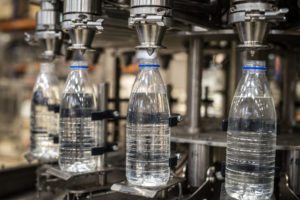 While Europe and Canada have pushed forward extended producer responsibility (EPR) programs for packaging, in the U.S. the notion remains just an idea. Continue Reading
While Europe and Canada have pushed forward extended producer responsibility (EPR) programs for packaging, in the U.S. the notion remains just an idea. Continue Reading
 A government auditor in British Columbia has released a report on the Canadian province’s EPR (extended producer responsibility) program for printed paper and packaging. Overall, the auditor is pleased with the program but does identify areas for improvement.
A government auditor in British Columbia has released a report on the Canadian province’s EPR (extended producer responsibility) program for printed paper and packaging. Overall, the auditor is pleased with the program but does identify areas for improvement.
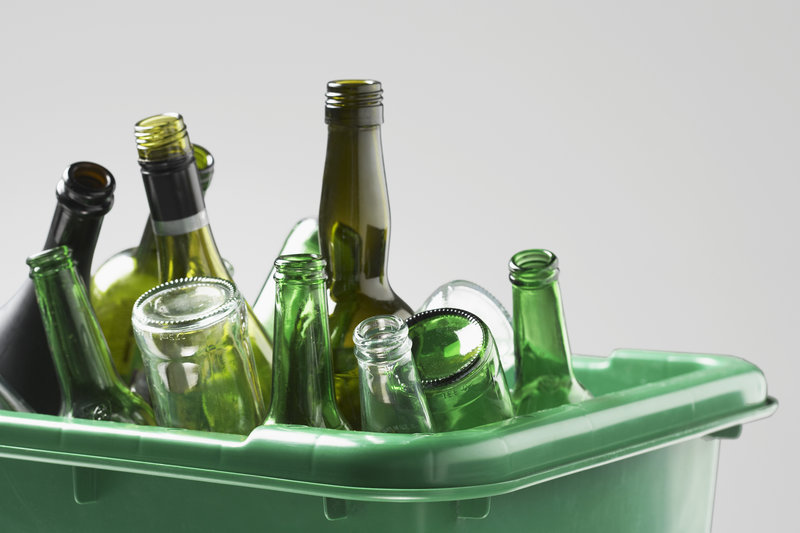 Five sorting centers in Quebec, Canada have been selected to take part in a pilot project that organizers hope will lead to the recycling of all curbside glass.
Five sorting centers in Quebec, Canada have been selected to take part in a pilot project that organizers hope will lead to the recycling of all curbside glass.
![]() The Sustainable Packaging Coalition and The Recycling Partnership are coming together to study the U.S. recycling system.
The Sustainable Packaging Coalition and The Recycling Partnership are coming together to study the U.S. recycling system.
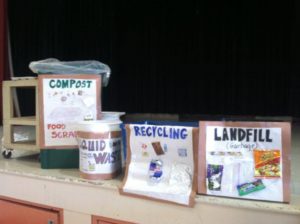 Organization: Azevada Elementary School; Fremont, Calif.
Organization: Azevada Elementary School; Fremont, Calif.
Grant: $5,000 Community Outreach Grant from Alameda County public agency StopWaste to improve food scrap recovery at the school through the Go Green Lunch Project. It was awarded for the 2014-2015 school year, and the program is now self-managing.
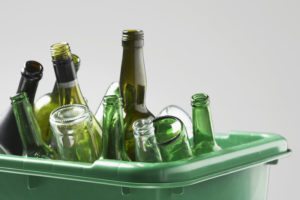 The small city of Rock Island, Ill. is making changes to its curbside recycling program, and the single-stream system will now include glass.
The small city of Rock Island, Ill. is making changes to its curbside recycling program, and the single-stream system will now include glass.
This story originally appeared in the October 2016 issue of Resource Recycling.
Subscribe today for access to all print content.
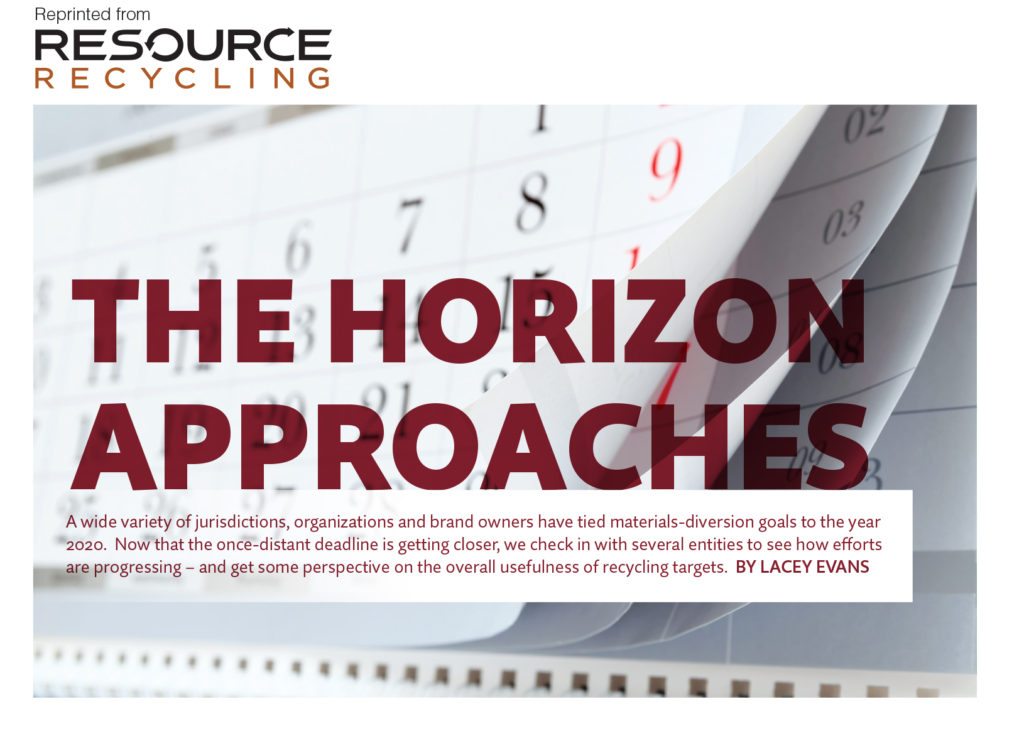
 Should curbside recycling be treated like other utilities that send customers a bill every month? And what effects will potential minimum wage increases have on materials recovery facilities?
Should curbside recycling be treated like other utilities that send customers a bill every month? And what effects will potential minimum wage increases have on materials recovery facilities?
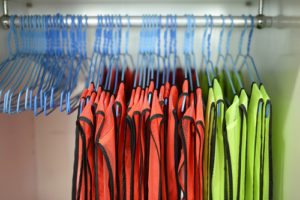 The number of deaths among refuse and recyclable materials collectors went up last year. According to the U.S. Bureau of Labor Statistics, 33 people were killed in 2015.
The number of deaths among refuse and recyclable materials collectors went up last year. According to the U.S. Bureau of Labor Statistics, 33 people were killed in 2015.
